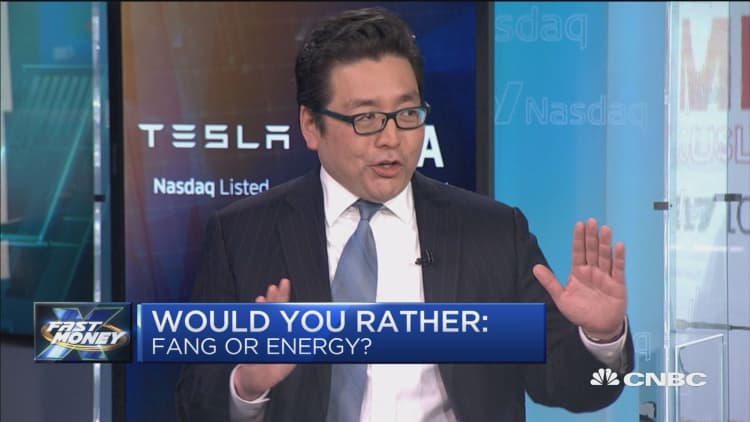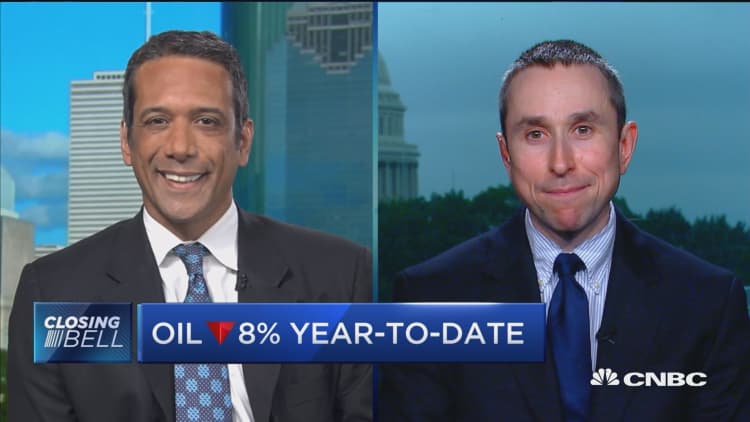
Brent crude oil prices fell to a three-week low on Wednesday on news that Libyan output was recovering from a technical issue at an oilfield, fueling concerns that OPEC-led output cuts on reducing global inventories were being undermined by producers outside the deal.
Global benchmark Brent crude futures were down $1.53, or 3 percent, at $50.31 a barrel by 2:26 p.m. ET (1826 GMT), after earlier falling by as much as 4 percent to below $50. U.S. West Texas Intermediate crude futures ended Wednesday's trade at $48.32, down $1.34, or 2.7 percent.
Both contracts posted their third straight monthly loss.
"Unless some bullish news stops this, prices will fall further in particular now with Brent trading below the post-OPEC low," said Carsten Fritsch, commodity analyst at Commerzbank.

The Organization of the Petroleum Exporting Countries and other producers, including Russia, agreed last week to extend a deal to cut production by about 1.8 million barrels per day (
The initial six-month deal had been due to expire in June. Oil prices fell when the deal was extended because some investors had hoped for a longer extension or deeper cuts.
"Traders covered short positions ahead of OPEC and some of these have now been re-established," said Ole Hansen, head of commodities strategy at Saxo Bank.
OPEC members Libya and Nigeria are exempt from the cuts, while U.S. shale oil producers are not part of the agreement and have been ramping up production.
Libya's oil production has risen to 827,000
Shipping data on Thomson Reuters Eikon shows that, excluding pipeline exports, Libya shipped an average of 500,000

Meanwhile, U.S. output has climbed to more than 9.3 million
Official government data showing weekly U.S. crude inventories will be published on Thursday. Analysts polled by Reuters expected U.S. stocks to have fallen by 2.8 million barrels last week, their eighth straight weekly decline.
"Prices are likely to remain weak until there is any noticeable reduction in oil stocks," Commerzbank analysts said.
Compliance by those signed up to the OPEC-led deal remained high among OPEC members and industry sources said Russian figures for May showed output in line with its pledge.
Saudi Arabia and Russia said on Wednesday that cooperation between OPEC and non-OPEC producers was seen lasting beyond March. "We want to institutionalize cooperation between OPEC and non-OPEC producers," Saudi Energy Minister Khalid

